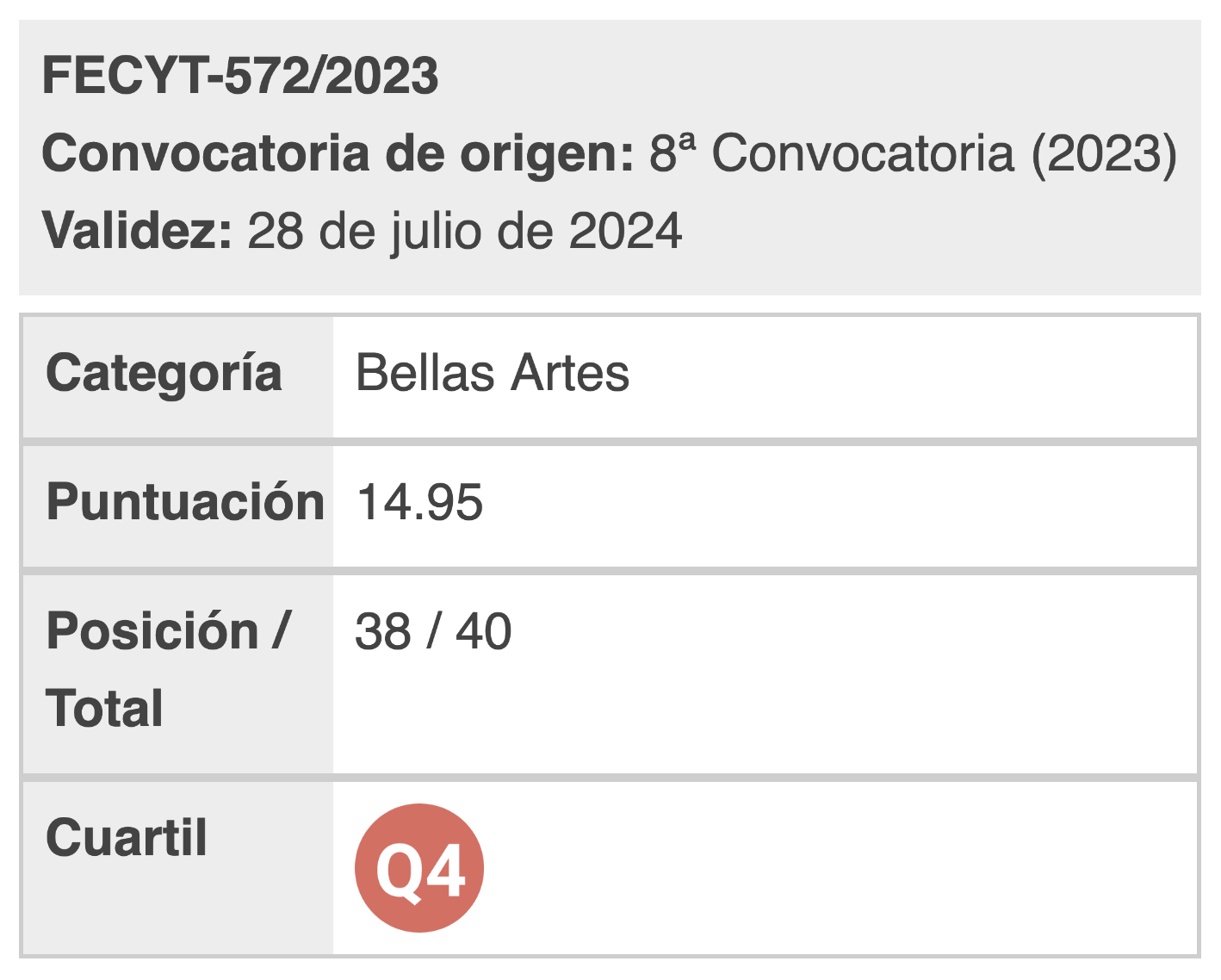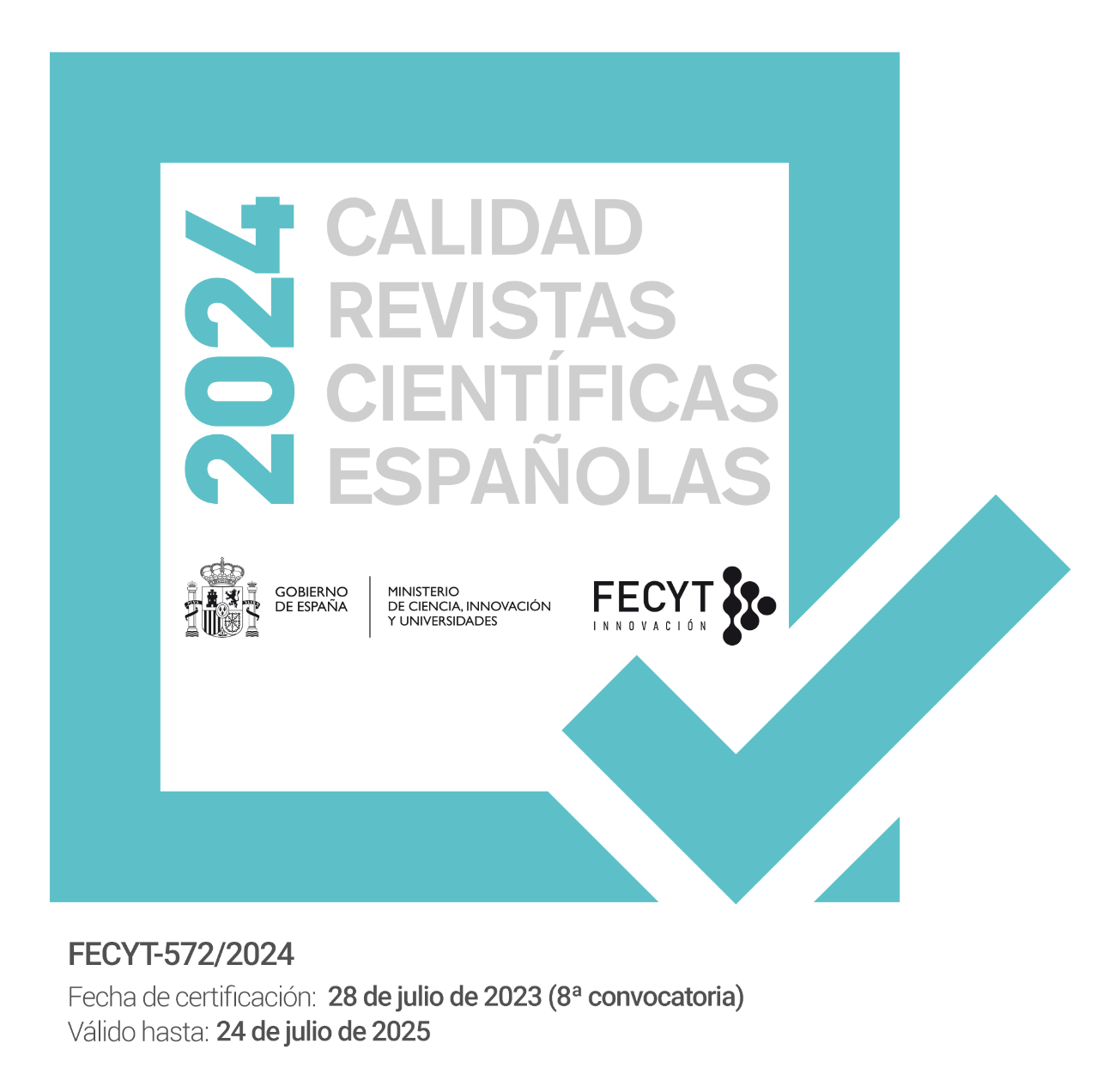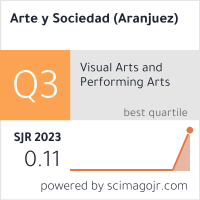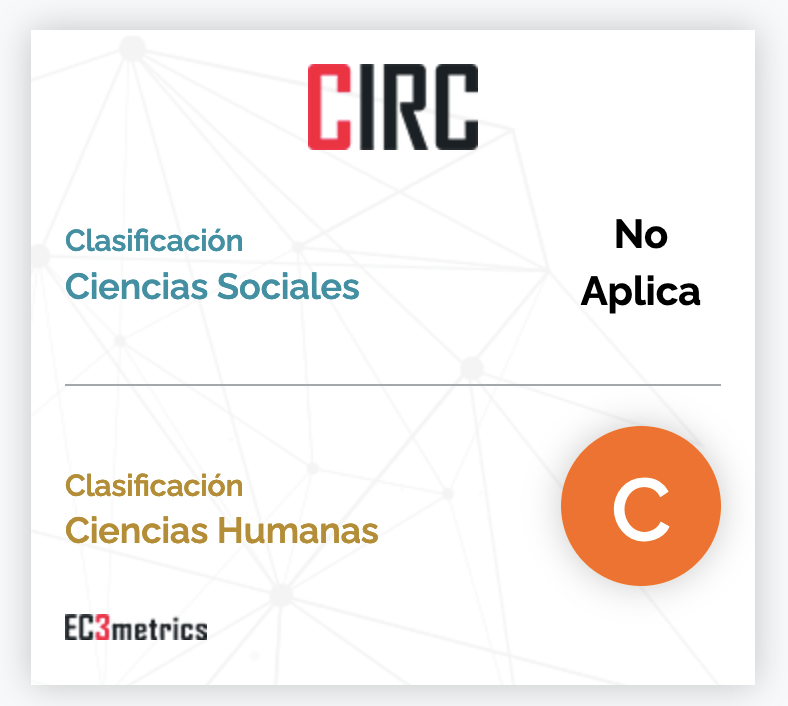The postpresent. The unconditional and non-transferable experience of singular
DOI:
https://doi.org/10.5281/zenodo.7648676Keywords:
postpresent, instant, transit, boredomAbstract
This work explores the possible uses of the term post-present. From a review of the meanings of postmetaphysics and postmodernity we find a closeness with the second. Regarding the type of experience derived from the post-present, we inquire how appropriate its relationship can be with the condition of being in Nietzschean transit and the fundamental state of mind of Heideggerian boredom. The moment acquires relevance compared to the temporal sequence.
References
Aristóteles. (1995). Física. Gredos.
BBC News Mundo. (2018) El científico que ha dedicado su vida a construir una máquina del tiempo (y la conmovedora historia que lo inspiró) 11 julio.
https://www.bbc.com/mundo/noticias-44795195.
Dworkin R. (2014). Justicia para erizos. Buenos Aires. Fondo de Cultura Económica
Escudero J. (2014). En torno al aburrimiento (o de la importancia de los estados de ánimo
en la filosofía de Heidegger) en Graffilya. Revista de la Facultad de Filosofía y Letras
Número 18 enero-junio (Benemérita Universidad Autónoma de Puebla)
Frijda N, Mesquita B., Sonnemans J., & Van Goozen S. Strongman, (1991). “The
Duration of Affective Phenomena or Emotions, Sentiments and Passions”. International Review of Studies on Emotion. 1, 187-225.
Gallardo R. (2006). Naturaleza del Estado de Ánimo Revista Chilena de Neuropsicología,
(1), 29-40. Universidad de La Frontera Temuco.
Habermas J (1990). Pensamiento postmetafísico. Taurus
Han B.-Ch. (2012). La sociedad del cansancio. Herder.
Heidegger M. (2007). Los conceptos fundamentales de la Metafísica. Mundo, Finitud,
Soledad. Alianza.
Jameson F. (2012). El postmodernismo revisado. Abada.
Lyotard, J. F. (1987). La posmodernidad (explicada a los niños). Gedisa.
Nietzsche F. (1985a). Así hablo Zaratustra. Un libro para todos y para ninguno. Alianza.
_________ (1985b). La Ciencia jovial. “La Gaya Scienza”. Monte Ávila Editores.
Whitrow, G.J. (1990). El tiempo en la Historia. La evolución de nuestro sentido del tiempo y
de la perspectiva temporal. Crítica.
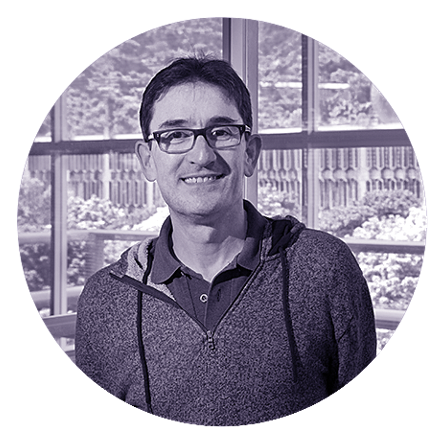
Published
How to Cite
Issue
Section
License

This work is licensed under a Creative Commons Attribution 4.0 International License.
You are free to:
Share — copy and redistribute the material in any medium or format.
Adapt — remix, transform, and build on the material for any purpose, including commercial.
Attribution — You must properly acknowledge the authorship, provide a link to the license, and indicate if any changes have been made.
You may do so in any reasonable manner, but not in any way that suggests that you endorse or receive any endorsement by the licensor for your use.
No additional restrictions — You may not apply legal terms or technological measures that legally restrict you from doing what the license allows.



